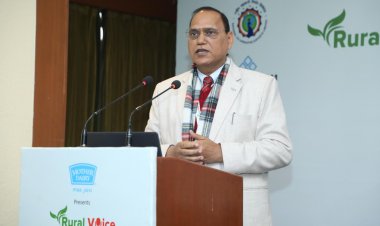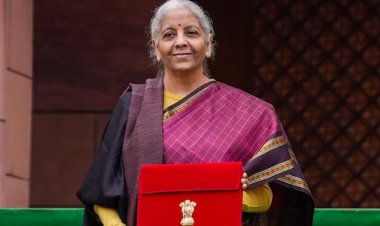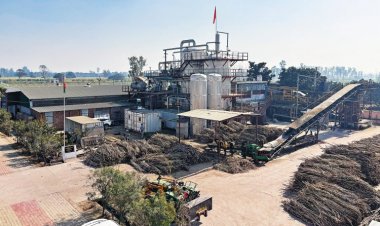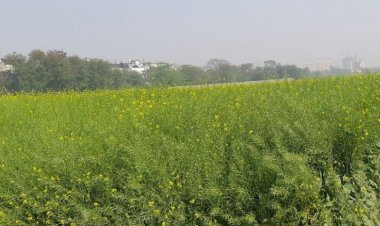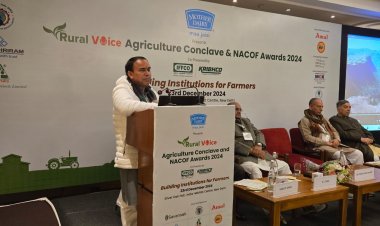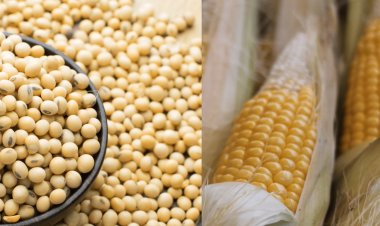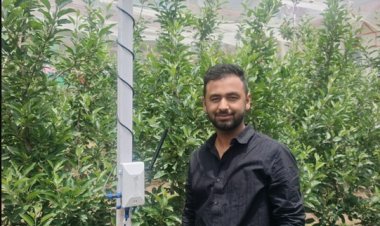Indian youth wins global prize in US for bio-insecticide
Sarvesh Prabhu, a 17-year-old student from India, has developed a cost-effective bio-insecticide, which has won him an international prize in the US and recognition within India too. The student of FITJEE Junior College, Hyderabad, used the leaf extracts of bullock’s heart (Annona reticulata), popularly known as Ramphal, and found that it is effective against three pests — pod borer, fall armyworm and green peach aphid.
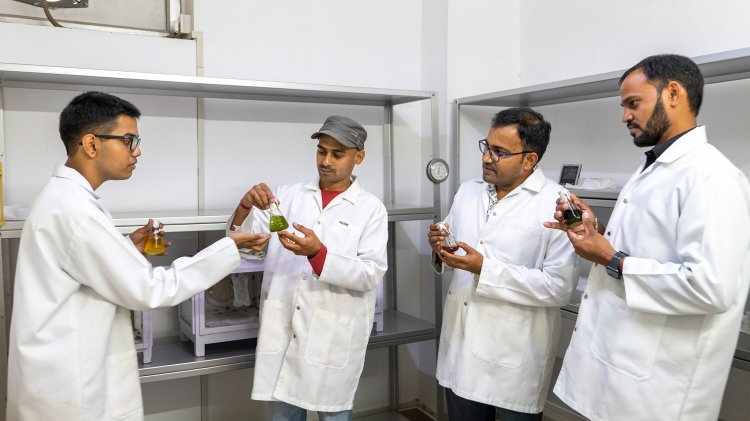
Sarvesh Prabhu, a 17-year-old student from India, has developed a cost-effective bio-insecticide, which has won him an international prize in the US and recognition within India too.
The student of FITJEE Junior College, Hyderabad, used the leaf extracts of bullock’s heart (Annona reticulata), popularly known as Ramphal, and found that it is effective against three pests — pod borer, fall armyworm and green peach aphid.
The innovation won him the third prize of $1000 in the biochemistry section of the International Science and Engineering Fair in Atlanta, US, representing India. It is the largest global event for students up to class 12 and Indian students from various schools and colleges across the country compete annually.
Meanwhile the Department of Science and Technology, Government of India, also awarded him the first prize and Rs 100,000 (US$ 1224) as part of the Council of Scientific and Industrial Research (CSIR) Innovation Award for School Children.
The work
Sarvesh Prabhu did this promising work as an intern with ICRISAT, Hyderabad, in early 2022. The project titled ‘A novel study of bio-insecticidal properties of Annona reticulata’ showcased the bio-insecticidal properties of the leaves of the plant.
The study revealed that extracts from the leaves of Ramphal could be effective against the three dangerous pests with mortality rates ranging from 78 per cent to 88 per cent. Traditionally, the extracts of various parts of Ramphal have been used to treat diseases like dysentery and pediculosis.
According to the Deputy Director General-Research of ICRISAT, Dr Arvind Kumar, “The Institute encourages participation of youth in agricultural research and has nurtured over 7000 interns and research scholars since its establishment by offering them access to world-class facilities and multidisciplinary mentoring.”
The pest damages
The pod borer (Helicoverpa armigera) alone may cause losses of more than US$ 300mn annually. The green peach aphid (Myzus persicae) causes 38-42 per cent yield loss in various crops and the fall armyworm (Spodoptera frugiperda) causes 21-53 per cent losses in the absence of pest management. These are the most common pests found in legumes and cereal crops, according to ICRISAT.
The cost of cultivation increases by $24-50 per acre with the use of chemical insecticides, destroying beneficial insects and contaminating soil and food produce.
Bio-insecticides, on the other hand, cost $9-12 per acre of cropping land and result in eco-friendly and healthy produce.
Manufacturing insecticide from the leaves of bullock’s heart costs $0.33 per litre, making it an affordable option for smallholder farmers, and offers an additional source of income through the sale of the fruits for human consumption and the leaves for bio-pesticide extracts, say ICRISAT scientists.
(M Somasekhar is an independent journalist who specializes in Science & Technology, Agriculture, Business and start-ups based out of Hyderabad.)



 Join the RuralVoice whatsapp group
Join the RuralVoice whatsapp group


















